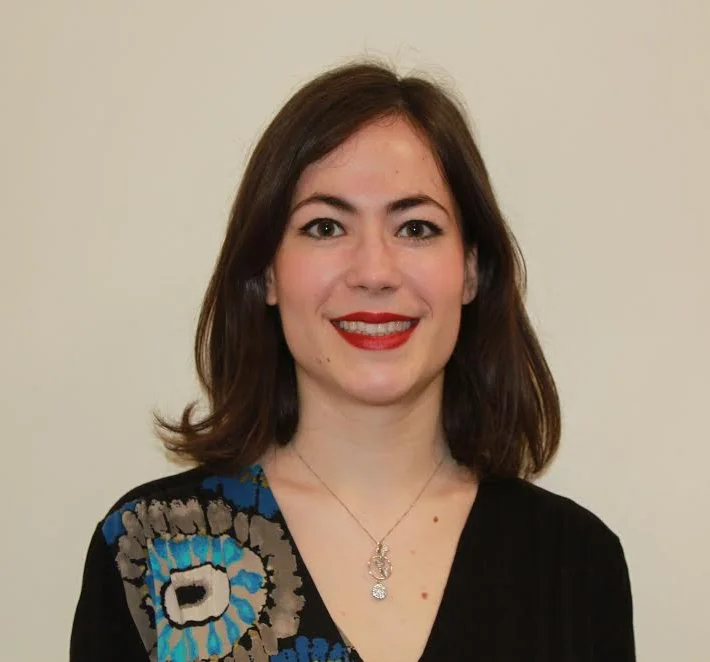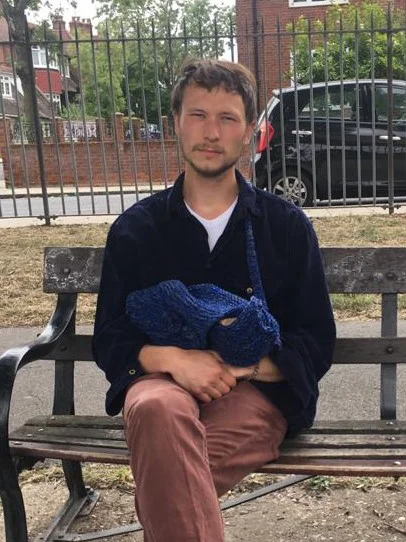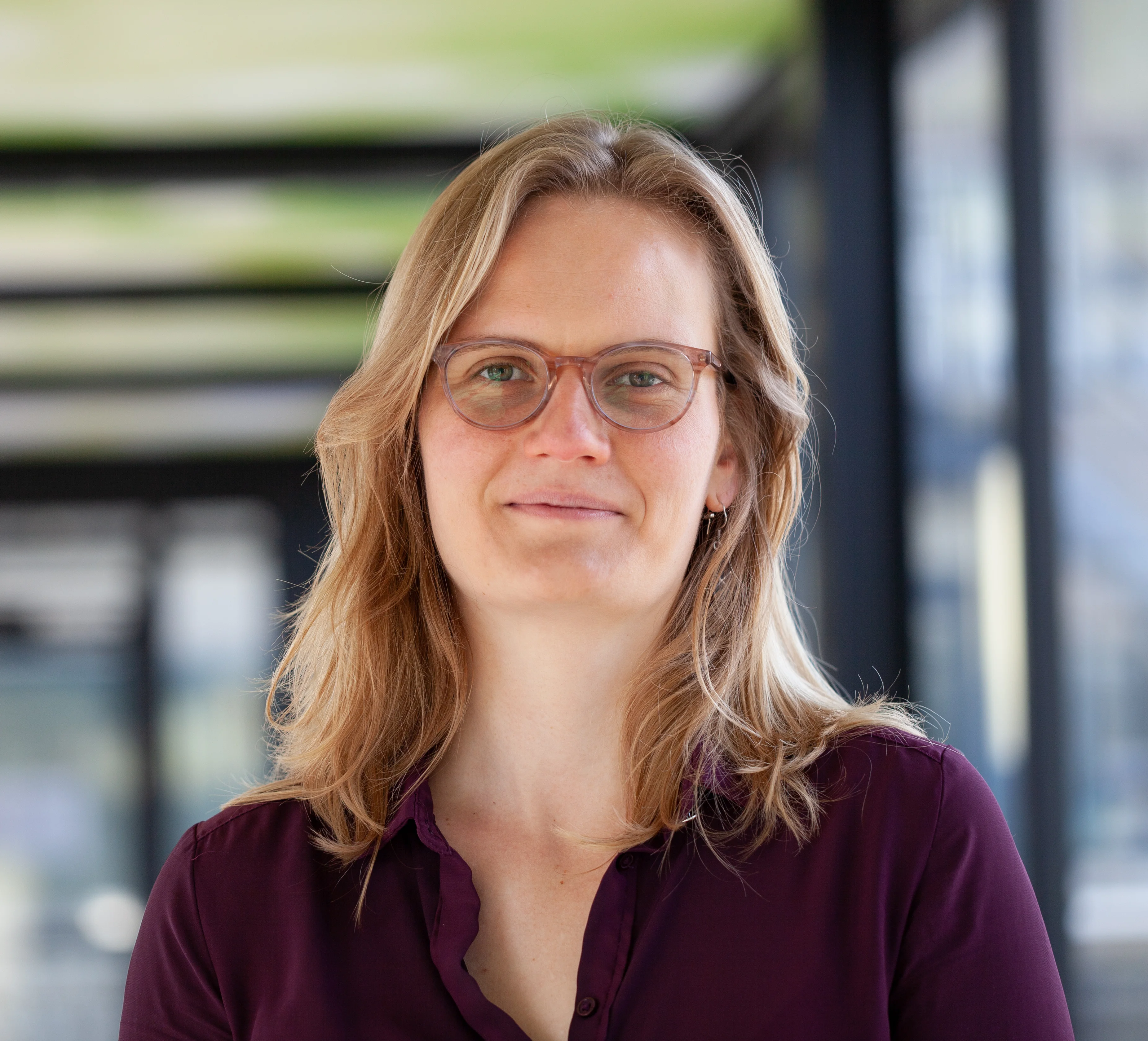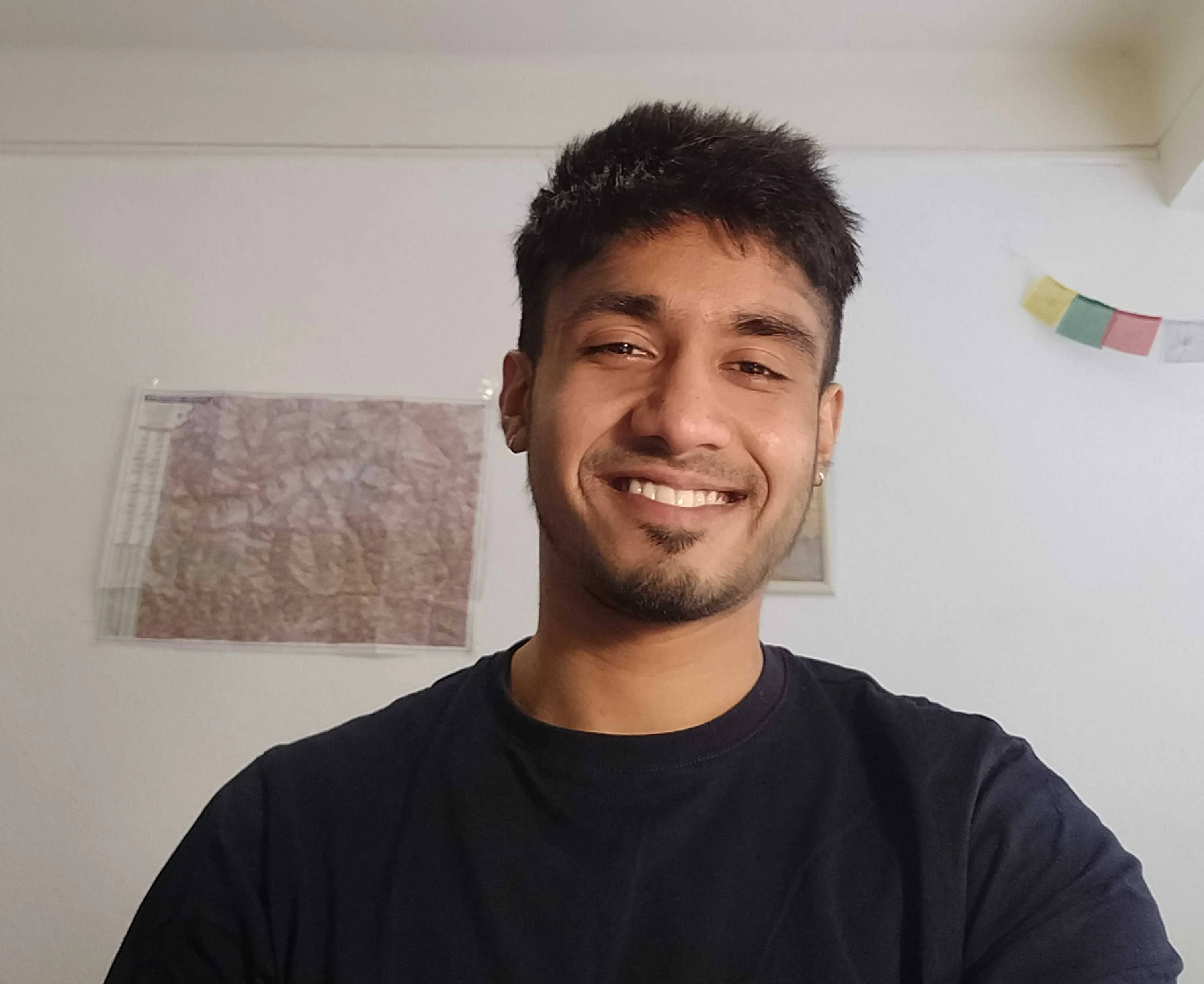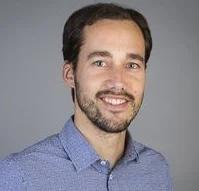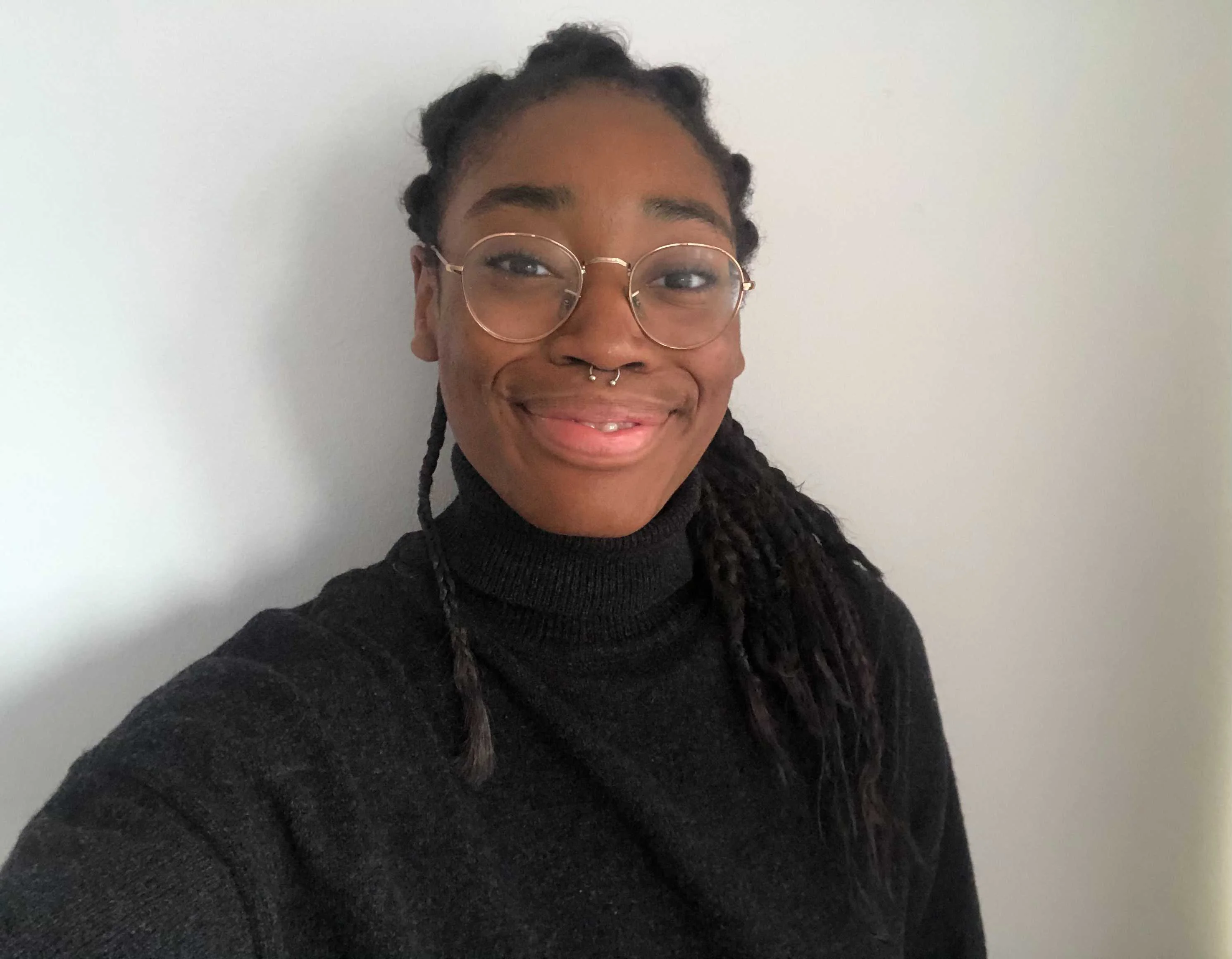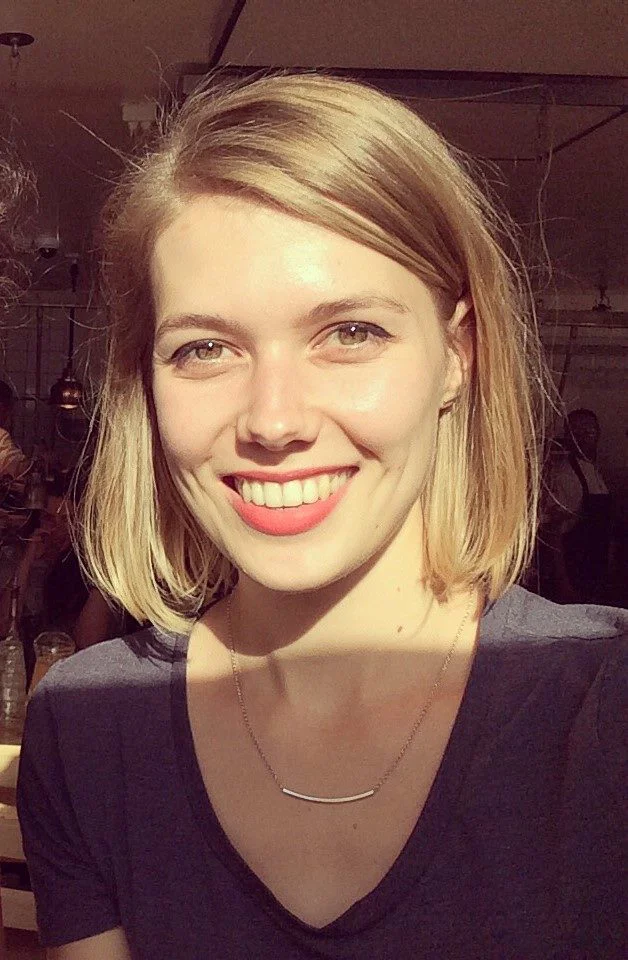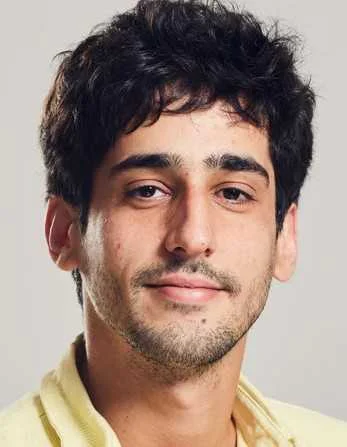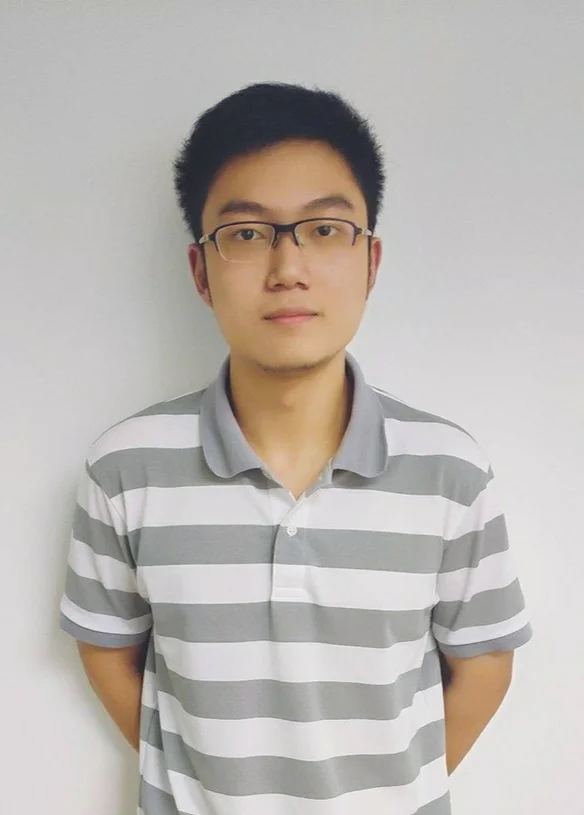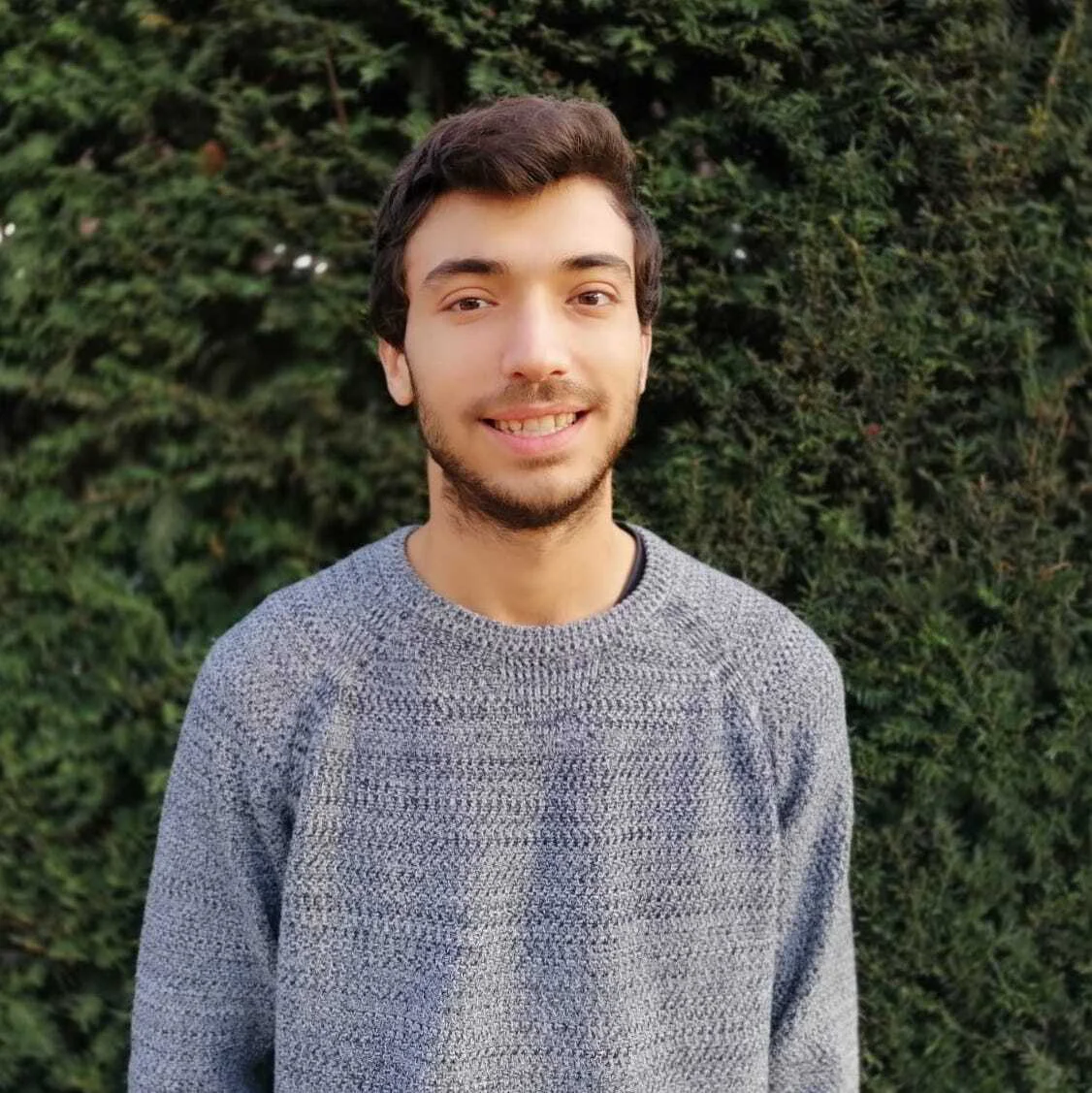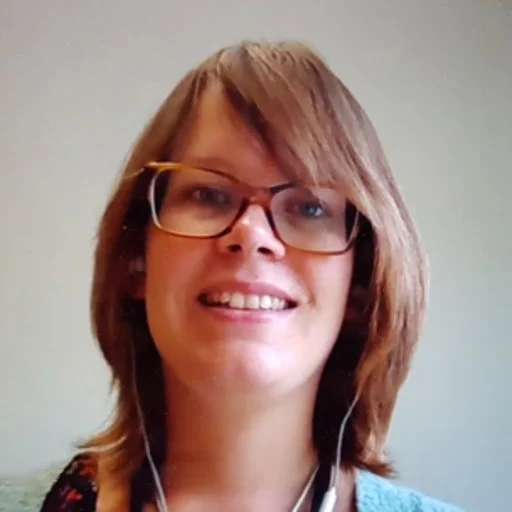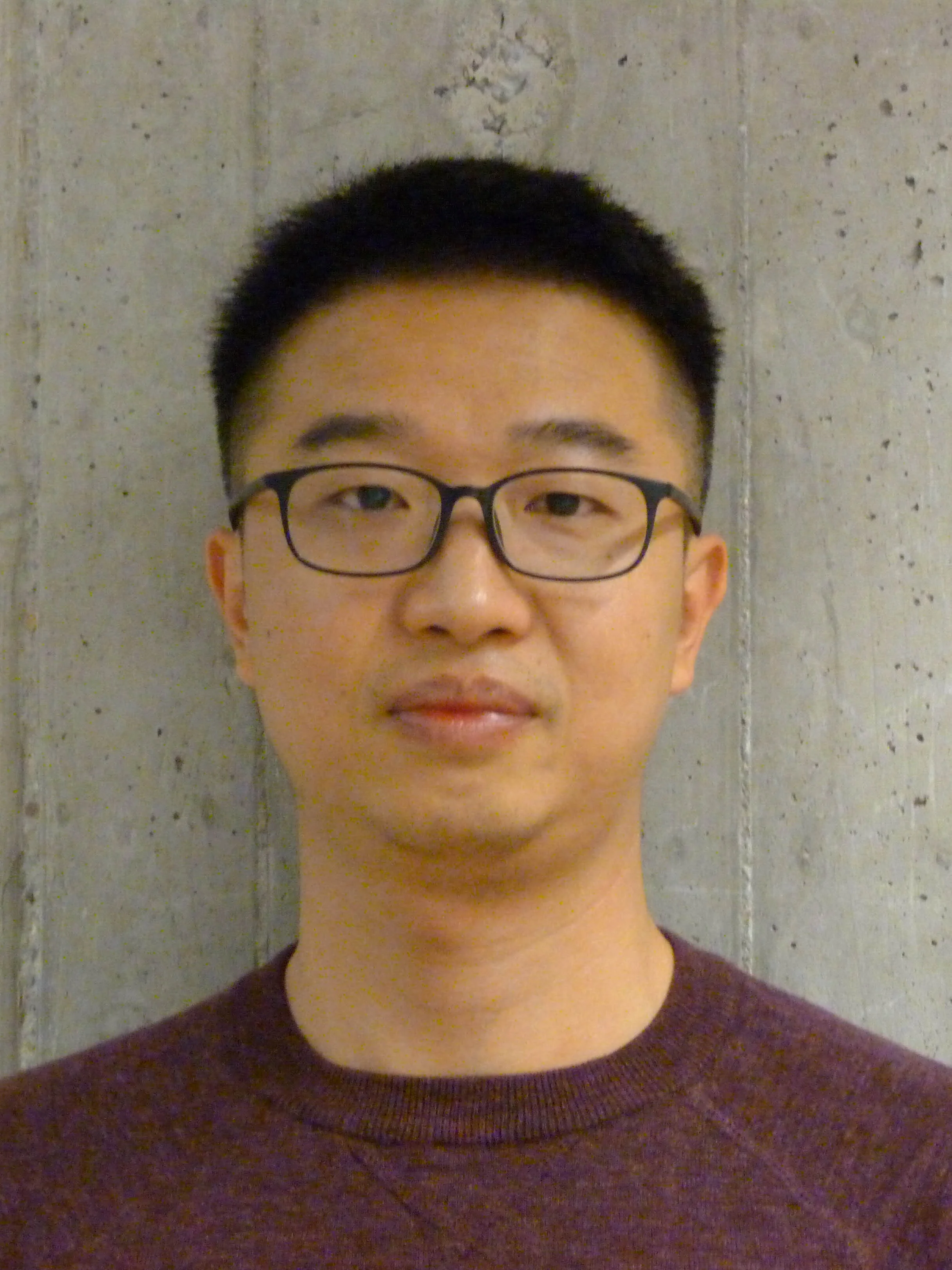Lab members
Our interdisciplinary group consists of international scientists consisting of linguists, cognitive scientists, cognitive neuroscientists, computational neuroscientists, computational modellers, computational scientists, and engineers.
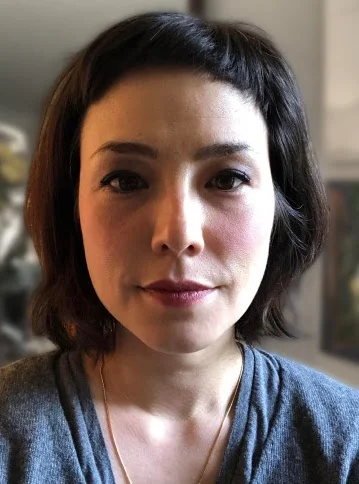
Andrea E. Martin (she/her) is a Lise Meitner Research Group Leader at the Max Planck Institute for Psycholinguistics and a Principal Investigator at the Donders Centre for Cognitive Neuroimaging at Radboud University in Nijmegen, The Netherlands. Her research group, Language and Computation in Neural Systems, focuses on language processing in the mind and brain. Her work has spanned from the role of memory in sentence comprehension to the processing of structural and semantic aspects of language. Her current focus is on developing a model of language representation and processing that harnesses the computational power of neural oscillations, such that formal properties (viz., compositionality) can be realized in biological and artificial neural networks (for more information, please see this recent People of Donders). Dr. Martin holds a BA in Cognitive Science from Hampshire College in Amherst, Massachusetts, and was awarded a PhD in Experimental Psychology from New York University in 2010. She was a postdoc at the Basque Centre on Cognition, Brain, and Language (2010-2012), a lecturer in Psychology at The University of Edinburgh (2012-2017), and a senior investigator in the Psychology of Language Department at the MPI (2016-2018). She is interested in how modelling can propagate theory-building in cognitive science and cognitive neuroscience, and in open science catalyzing inclusion, diversity, and decolonization in science. She has led several independent research groups; at the University of Edinburgh funded by the ESRC (2012-2019) and her current group is funded by the Netherlands Organization for Scientific Research and the Max Planck Gesellschaft. Her research has been funded by the US National Science Foundation (NSF), Spanish Ministry of Science and Innovation (MICINN), the UK Economic and Social Research Council (ESRC), the Leverhulme Trust, the Max Planck Society, and the Dutch Science Foundation (NWO). She is currently outgoing treasurer of the Society for the Neurobiology of Language, and is an editor at the journals Cognition, eLife, and PLoS Computational Biology. You can find more information at http://www.andreaemartin.com, and follow her on twitter at @andrea_e_martin.
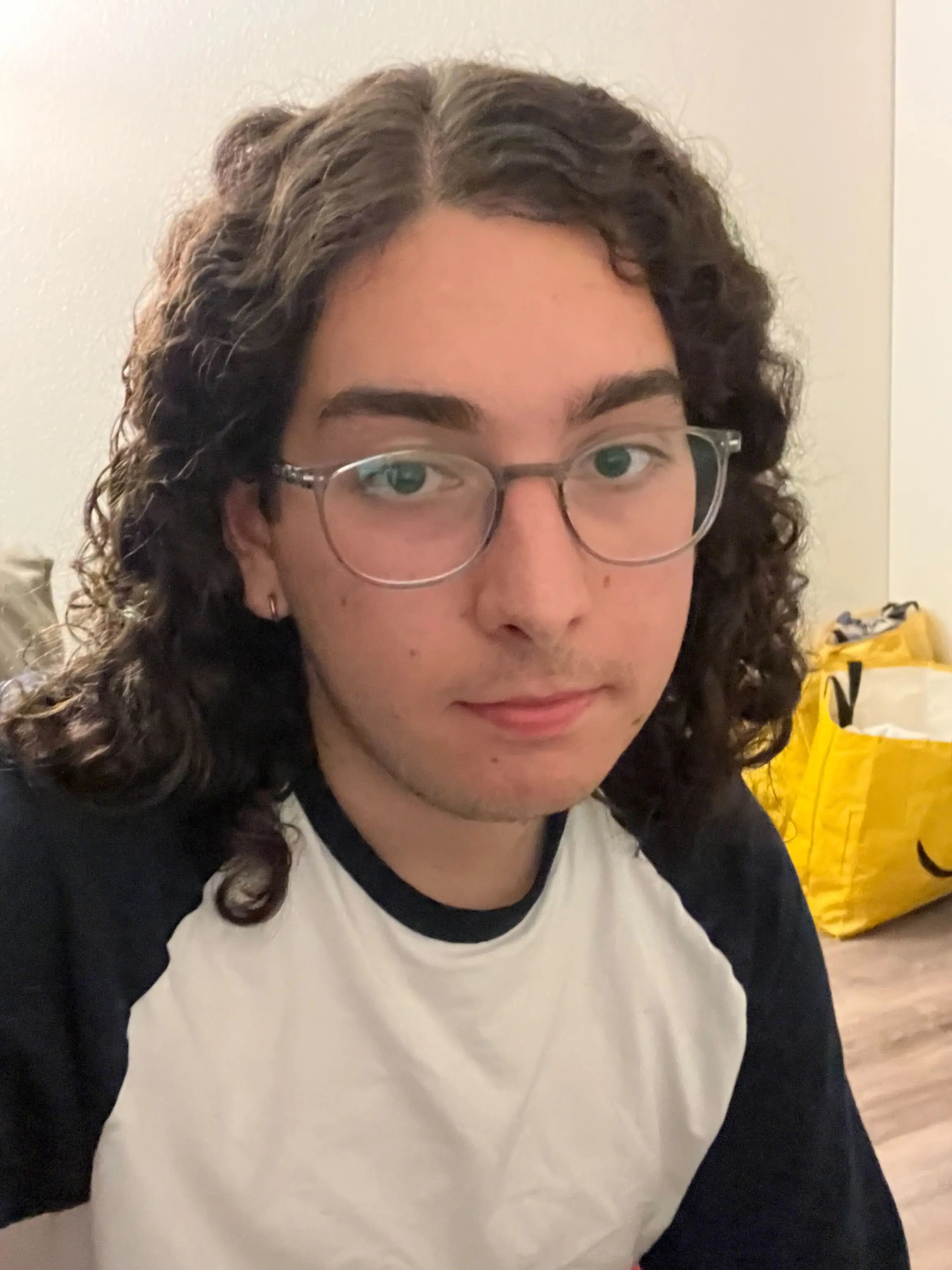
I am a second year master's student in Linguistics with interest in theoretical morphology/syntax and morphological processing from a cross-linguistic perspective. I completed my bachelor's in Linguistics at Hacettepe University, where I studied semantics of control verbs in Turkish. In my master's thesis, I investigate whether the brain is sensitive to incremental and categorical aspects of morphological structure during speech comprehension. Using MEG data and Temporal Response Function modeling, I aim to characterize how morphological information is encoded over time in the brain.
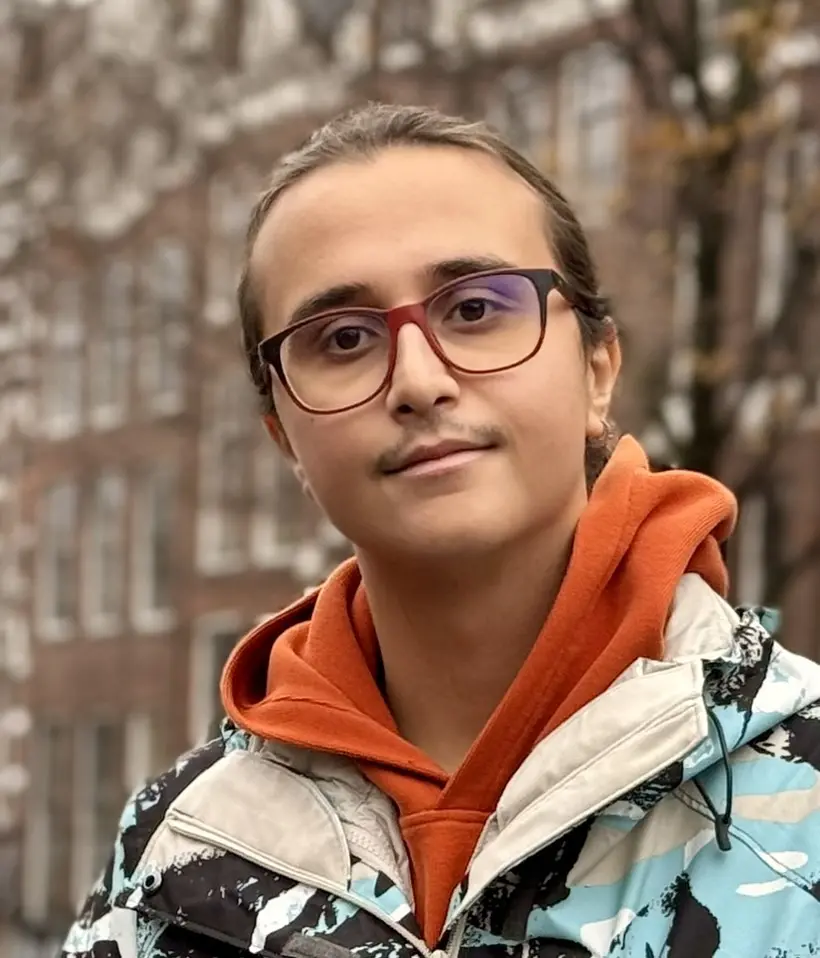
I am a PhD student in the Language and Computation in Neural Systems (LaCNS), supervised by Andrea Martin. I hold a Master's degree in Linguistics from Boğaziçi University, where my research compared a supervised morphological rule learner against child acquisition patterns of the Turkish Aorist. I am particularly interested in combining computational modeling with empirical data to understand how linguistic structures are learned, represented, and processed across different systems. My primary research interests include theoretical linguistics, language acquisition, neurolinguistics, computational linguistics, and deep learning.
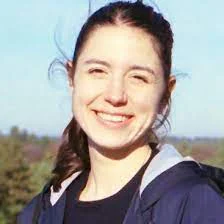
I am a PhD student at the Psychology of Language department at the MPI, supervised by Antje Meyer and Andrea Martin. I use electrophysiological methods to track neural dynamics of language and speech production, in order to inform theories of spoken language production. In the initial project of my dissertation, we investigate issues arising at the intersection between Psycholinguistics and speech motor control. Specifically, we assess whether the monitoring of speech is sensitive to the frequency of syllable-sized representations. These effects stand to inform us about the tradeoff between stored versus assembled representations for setting sensory targets in the production of speech.

I'm a PhD student based at the MPI for Psycholinguistics starting from October, 2020. My goal of research is to dissect the way(s) neuronal populations communicate and coordinate in time as well as how our marvellous capacity of language is achieved by such neuronal interactions. Profoundly inspired by György Buzsáki's Rhythms of the Brain (2005), I'm keen to probe into the neuronal dynamics of language function from the perspectives of oscillation and the complex systems theory. My fascination in brain and language started with the cross-disciplinary undergraduate training I received in the B.S. Psychology and B.A. Indonesian Language and Culture programs at Peking University. To pursue such passion even further, I completed a M.Sc. in Language Sciences at University College London, wherein I learned to conduct research by incorporating methods from various subjects—that is, computational modelling, EEG, and the naturalistic experimental paradigm—and examined the neurophysiological correlates of predictive coding (word surprisal) in audiovisual speech comprehension.
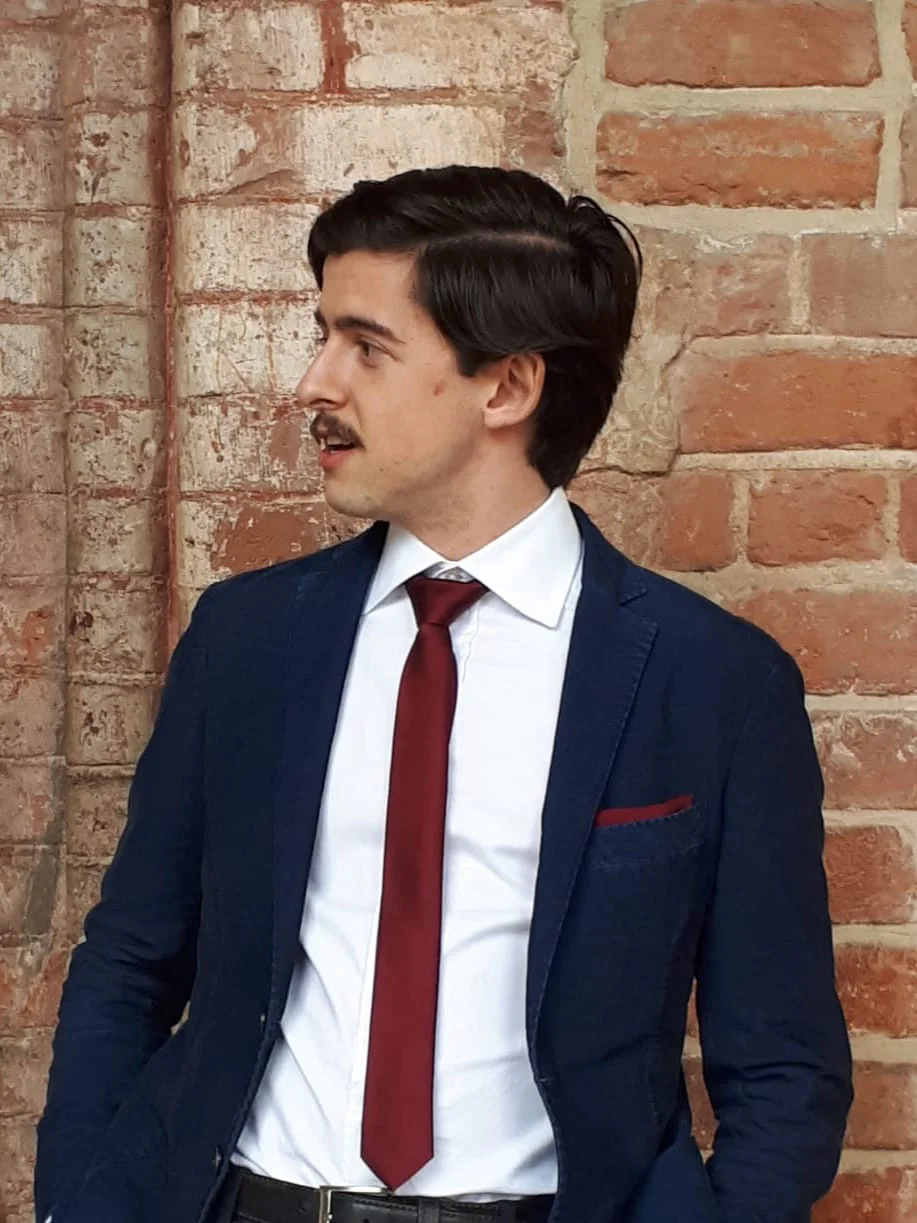
I am a PhD student based at the MPI for Psycholinguistics, working under the supervision of Andrea Martin and Stephanie Forkel. I have a bachelor’s degree in Psychology from the university of Milano-Bicocca, and a master’s degree in Neuropsychology. I have previously worked on the functional lateralisation of the reading network in the brain. My main research interest lies in how variability in behaviour and cognition is linked to variability in brain activity and structure. In my PhD project, I therefore aim at combining behavioural, functional (e.g., EEG, MEG), and structural methods (e.g., tractography) to better address the issue of individual variability, notably in spoken and written language processing.
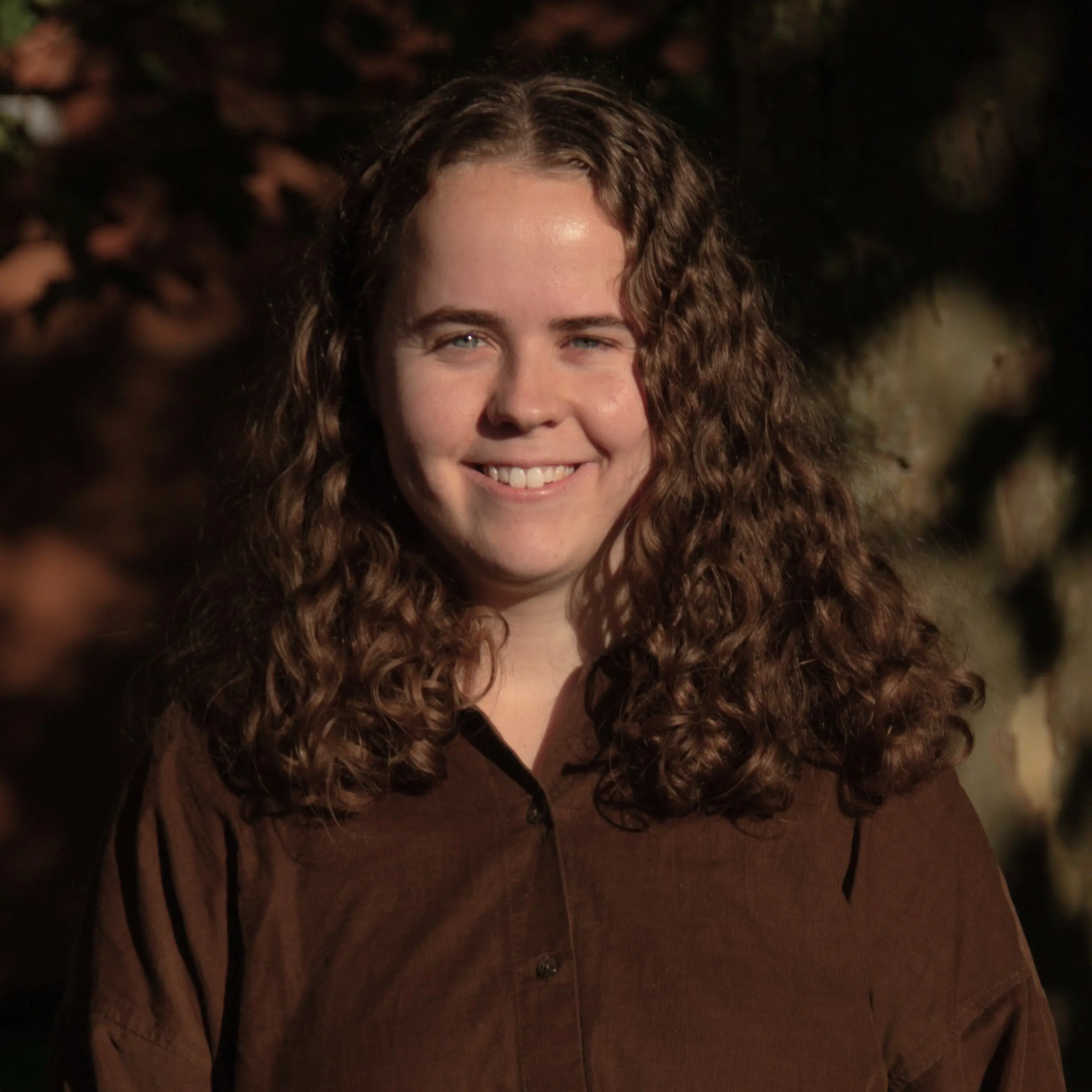
I am a second year student in the Language and Communication track of the Cognitive Neuroscience master. Before coming to Nijmegen, I did my bachelor's degree in Liberal Arts and Sciences at University College Utrecht where I focused on linguistics, philosophy, and cognitive neuroscience. For my internship in the LaCNS group at the MPI for Psycholinguistics, I am using MEG data to look at the neural encoding of sped-up speech in a listener's brain. I will try to see whether the brain tracks linguistic units according to fixed timescales or based on the rate at which linguistic information occurs.
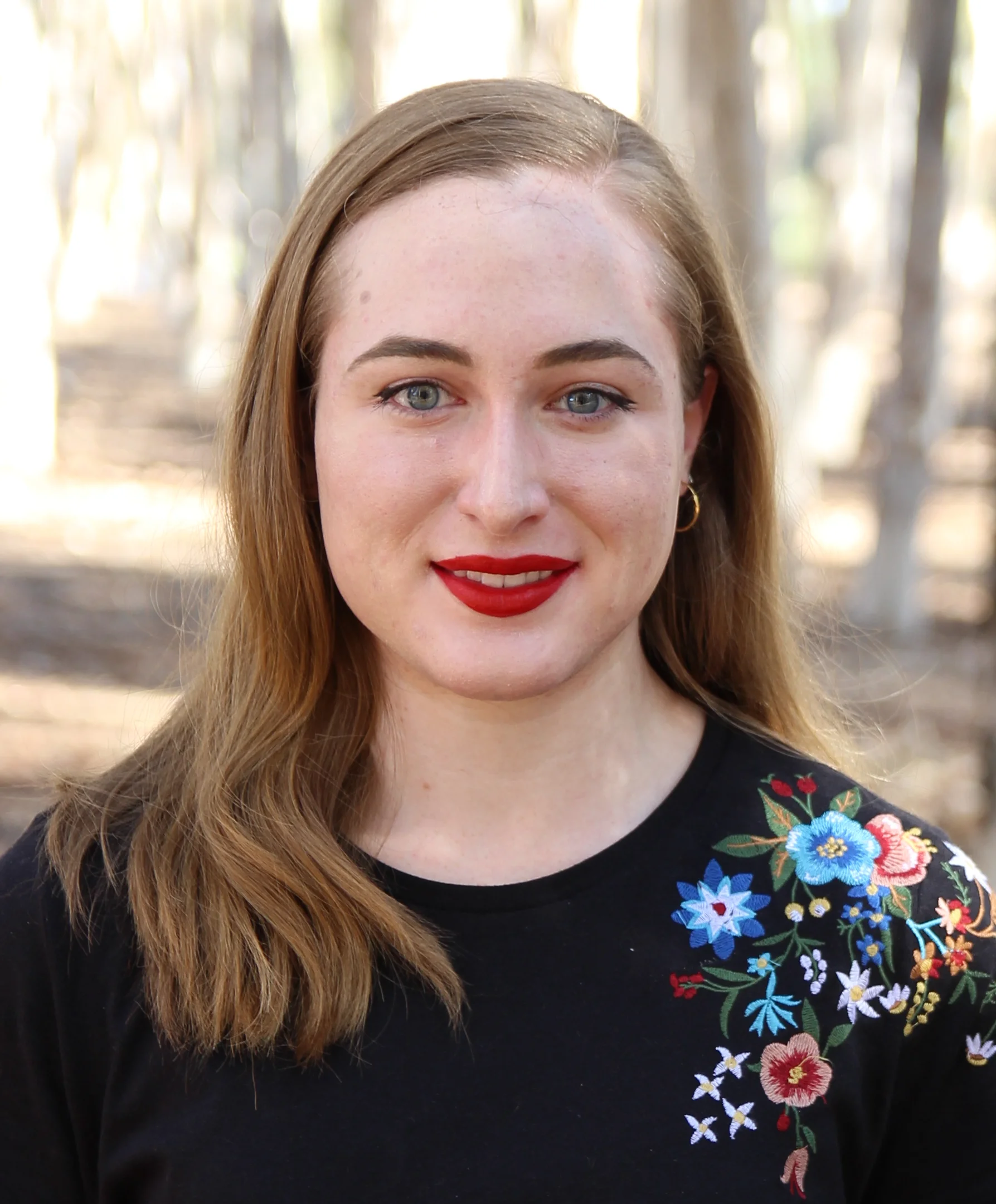
I am a postdoctoral researcher studying formal phonology and the neural representation of speech sounds. In the past, I have worked on the production of linguistic prosody in English and Ja'a Kumiai, the computational properties of tone and vowel harmony systems, and the formal properties of phonological theories. For my dissertation, I used intracranial EEG to investigate how speech acoustics support language-specific phonological processing, and in the LaCNS group, I hope to build off this work to study how sensory signals become language in the brain.
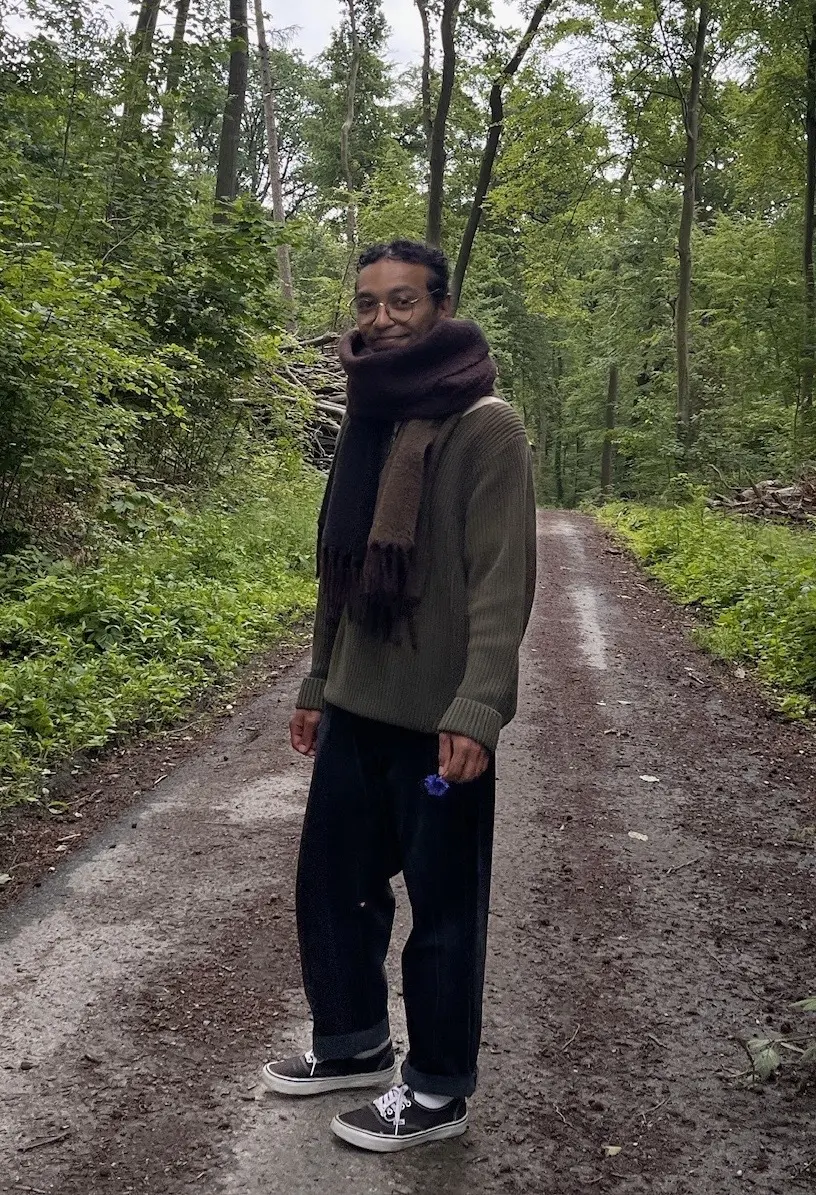
I am a postdoctoral researcher in the Language and Computation in Neural Systems Group at MPI. I have a background in Cognitive Sciences and got my Ph.D. in Neuroscience from Aix-Marseille University, under the supervision of Daniele Schön and Leonardo Lancia. In my doctoral work, entitled Bridging verbal coordination and neural dynamics, I investigated the relationship between speech perception and production using an interactive synchronous speech task combined with intracranial sEEG recordings. My research interest is verbal communication in ecological contexts, exploring both speech production and comprehension, the neural representation of linguistic structures, and language-related dimensions such as multimodality, including gaze and gesture. In my postdoctoral research, supervised by Andrea Martin, I’m primarily involved in the DYNALANG project, which investigates how structure (i.e. grammar) and statistics interact, how they are implemented and processed in neural dynamics, across different behaviors including listening, speaking, and multimodal conversation.
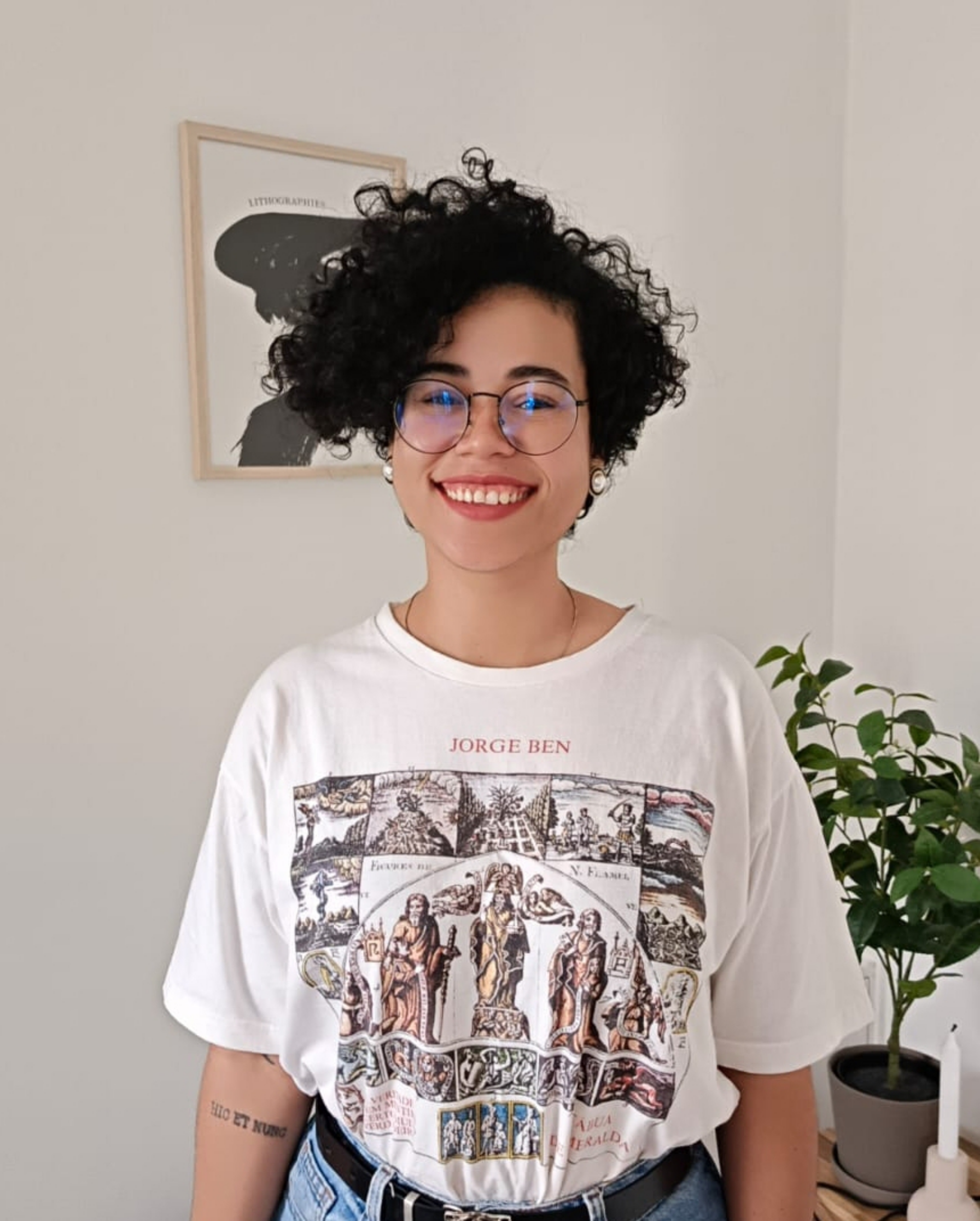
I am a visiting PhD student based at the Federal University of Rio de Janeiro, Brazil. My research interest is in the neural processing of taboo and emotionality in language, as well as how social and individual factors contribute to the way taboo language is perceived. In my Masters', I normed the most frequent taboo words in Brazilian Portuguese and conducted an EEG experiment to investigate the time-course of taboo processing, relating the brain activity to psychosocial characteristics such as religiosity and family environment in upbringing. In the LaCNS, I will use naturalistic stimuli in an MEG experiment to uncover the neural responses to emotional and taboo speech in Brazilian Portuguese.
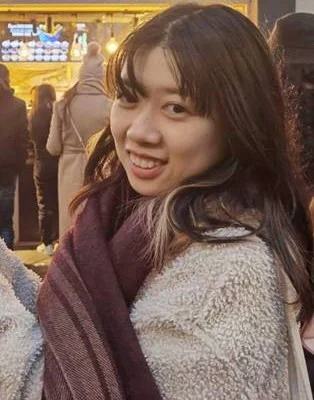
I am a 3rd-year PhD student based at the University of Groningen (RUG). I will be in the Language and Computation in Neural Systems group as a visiting student to work with Andrea Martin. My PhD project looks at lexical tone representation and is co-supervised by Jennifer Spenader and Stephen Jones in RUG. I'm especially interested in the questions of to what extent the brain represents lexical tones hierarchically and the possibility to reconstruct the EEG signals elicited by tonal stimuli using the method of Temporal Response Function.
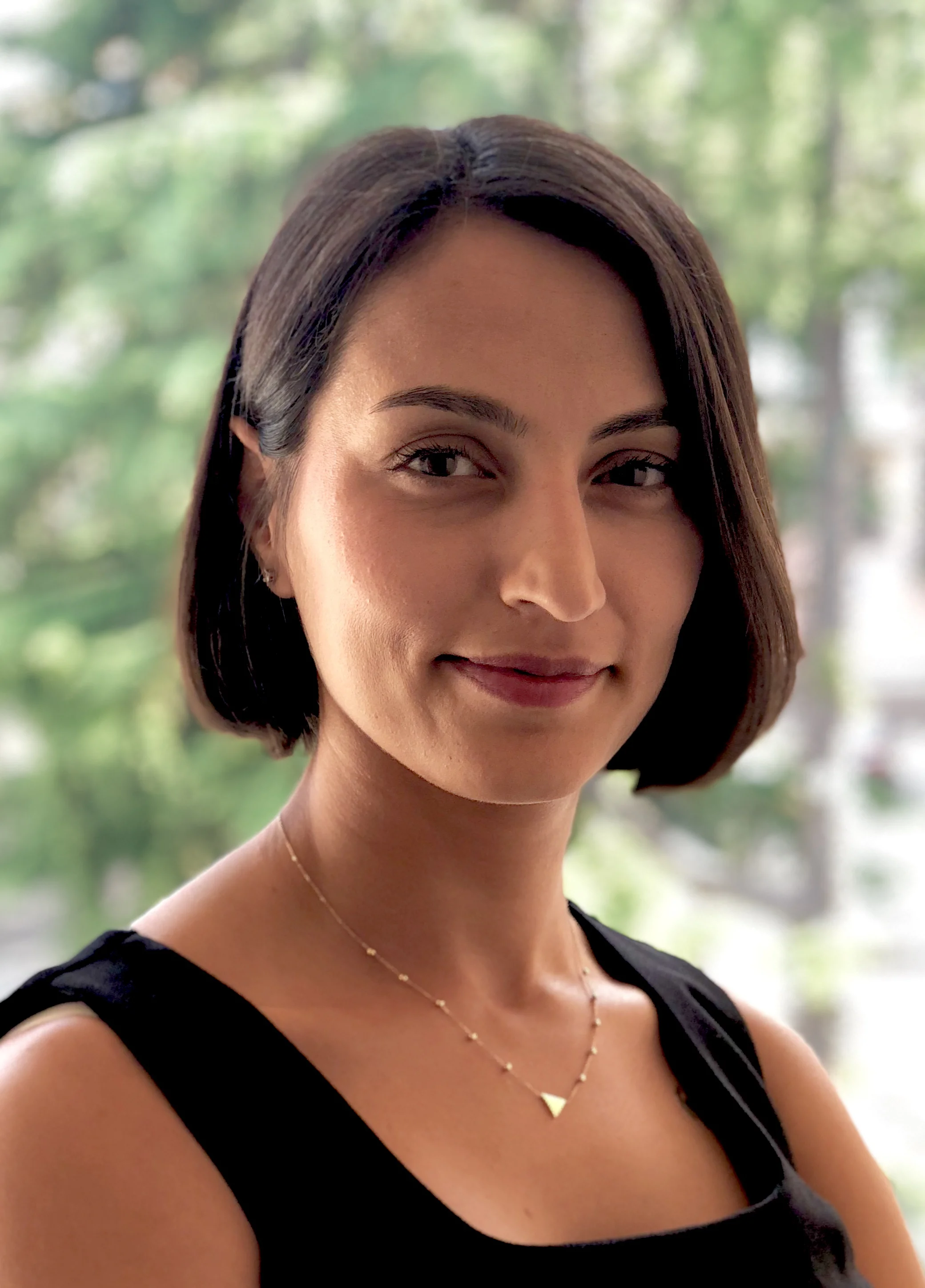
I am a Ph.D. student in the Language and Computation in Neural Systems Research Group at the MPI for Psycholinguistics. My research interest is the computational mechanisms of language comprehension; how sound patterns are transformed into complex meanings and what is the role of neural oscillations. I got my MA degree in Cognitive Science at Yeditepe University, Istanbul where I studied the recognition of harmonic sound sequences and the effect of temporal ordering in understanding the perception of sound events with electrophysiological and behavioral experiments.
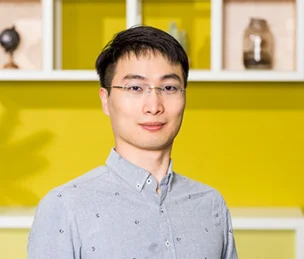
I am a postdoctoral researcher in the Language and Computation in Neural Systems Group at MPI. I am interested in the general language ability of human, and I studies this ability through any possible methods. I focus on the topic of cognitive units in language and how people process these units. In my previous research, I discovered a two-stage processing for cognitive units and developed a computational model, Less-is-Better, to segment the cognitive units in linguistic materials unsupervisedly. During my postdoctoral work, I will continue to study cognitive units and investigate the relationship between cognitive units and brain oscillations. In addition, I want to discover how human language emerges by modeling it in complex systems.
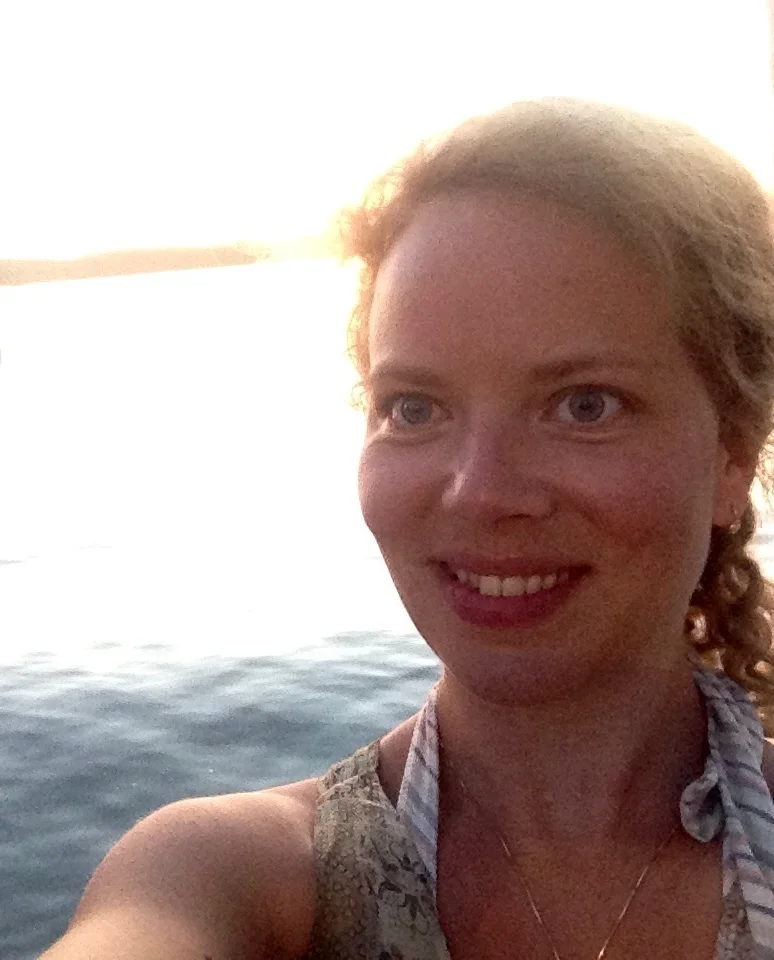
I am the new research coordinator working with Andrea Martin in the Language and Computation in Neural Systems (LaCNS) group. I am most interested in the neural mechanism underlying hierarchical and rhythmic cognition and the roles rhythmic/metrical structures play in the perception and processing of speech. I have a background in Cognitive Sciences from the University of Amsterdam and a Ph.D. (entitled Neural signature of metrical stress processing in French) in Linguistics at the University of Toulouse under the supervision of Corine Astésano and Simon Thorpe. After the Ph.D., I joined the Institut de Neuroscience des Systèmes (INS) in Marseille, where, with Daniele Schön and Benjamin Morillon, we explored the neural mechanisms underlying speech and music processing with intracranial (sEEG) data, and, where, with Kristof Strijkers (Laboratoire Parole Langage; LPL) and Benjamin Morillon, I worked on a project that set out to examine the different roles the motor system plays in sensorimotor integration for speech comprehension (funding ILCB).
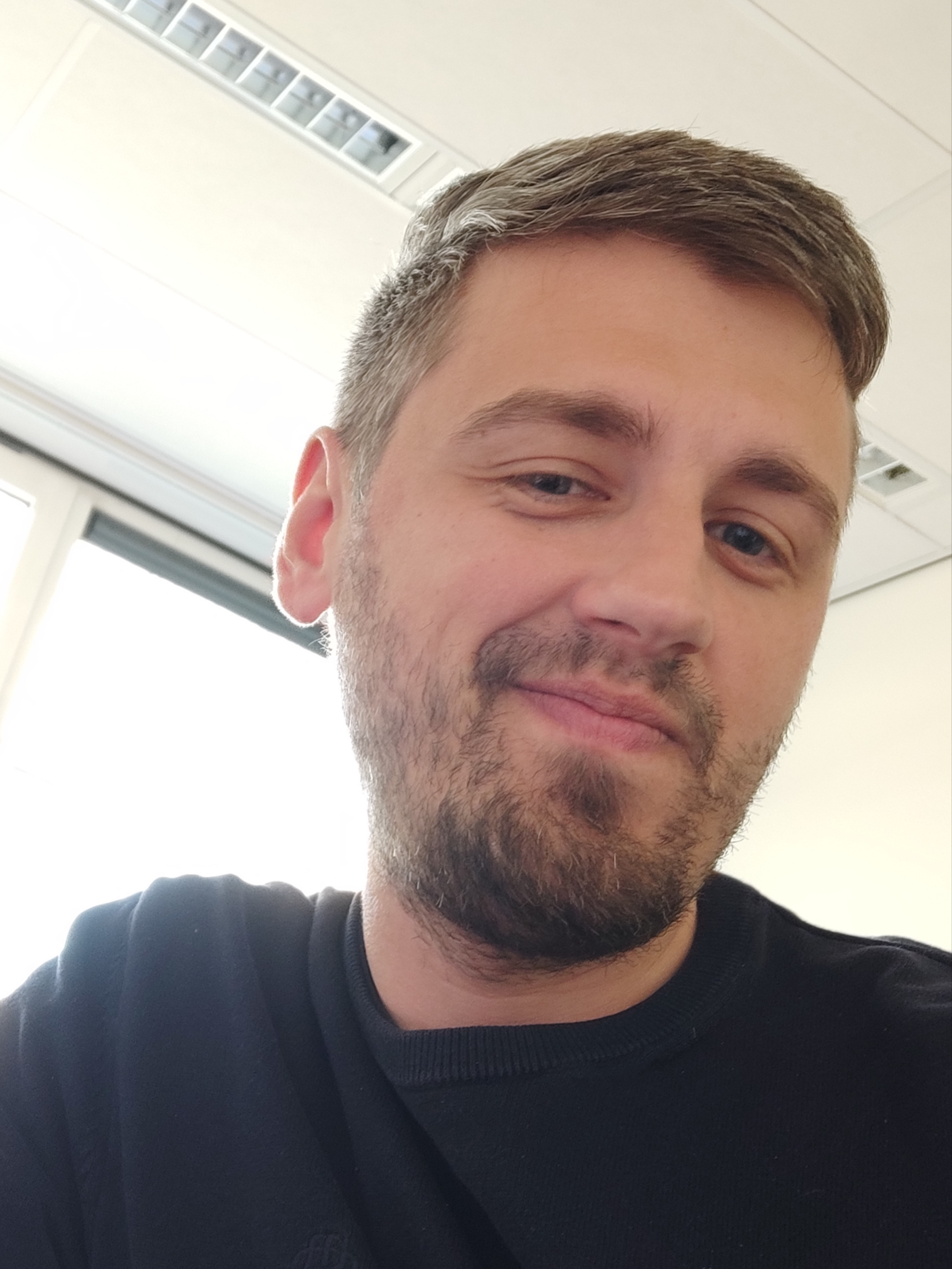
I am a visiting PhD student from the University of Zagreb, Croatia. My research focuses on neural tracking of sub-lexical representations while listening to naturalistic language stimuli. My background is in computer science and computational linguistics. In the experiment for my doctoral thesis, I will use scalp EEG and use linear modeling of electrophysiological data to try to determine how and under which conditions the brain tracks sub-lexical linguistic units on different scales of granularity.

